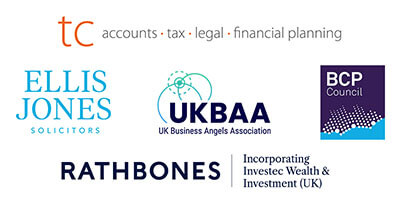Ultimately, as the business owner, planning is for your benefit. Your business plan should improve your chances of achieving the goals you have set by helping you monitor progress, prioritise tasks, inform decisions and take appropriate action when necessary.
However, as with so many things, just how beneficial your plan proves to be will largely depend on the amount of effort expended in creating it.
To maximise the return on this effort, focus on the process of business planning, not just the final document itself. For example, consider who should be involved and how, establish what relevant research is already available to you (e.g. Customer Surveys), and the additional research you require, and set up robust systems for monitoring progress and regular plan reviews.
At some point, you will need to adapt your plan for the benefit of an audience other than you and your team, such as a grant funder or investor. This may require adding content that you may not feel is particularly useful for you; however, it will be absolutely relevant to your audience, e.g. innovation / R&D type grant applications may need additional technical detail about your products and any intellectual property.
Investors read many poor business plans about poorly considered business ideas. If in any doubt, it makes sense for them to say ‘no’ rather than worry about a bad debt. To help them say ‘yes’ address all their specific requirements in your plan.
For instance, expect to have to ‘beef up’ your financial information by including more detailed and longer-term Sales Forecasts and Cashflow, plus additional years of Balance Sheets and Profit & Loss statements. (Admittedly, the further ahead you forecast the less reliable the figures are, however, from an external perspective they provide a very useful indication of your longer term ambitions). And remember, potential investors will be looking particularly closely at the all important Exit Strategy.
Finally, provide sufficient detail to justify the assumptions and forecasts shown in your plan – investors will groan if you simply state you have identified a global market worth £100 billion but your business model is based on ‘only’ capturing 0.5% in year 1 – you need to make it really clear why you believe you can secure even the smallest % of any given market, regardless of how big that potential market may be.
More on structuring your Business Plan in later Blogs.
Source: ‘The 4 Step Business Plan’ by Mark Painter www.tryplana.com




